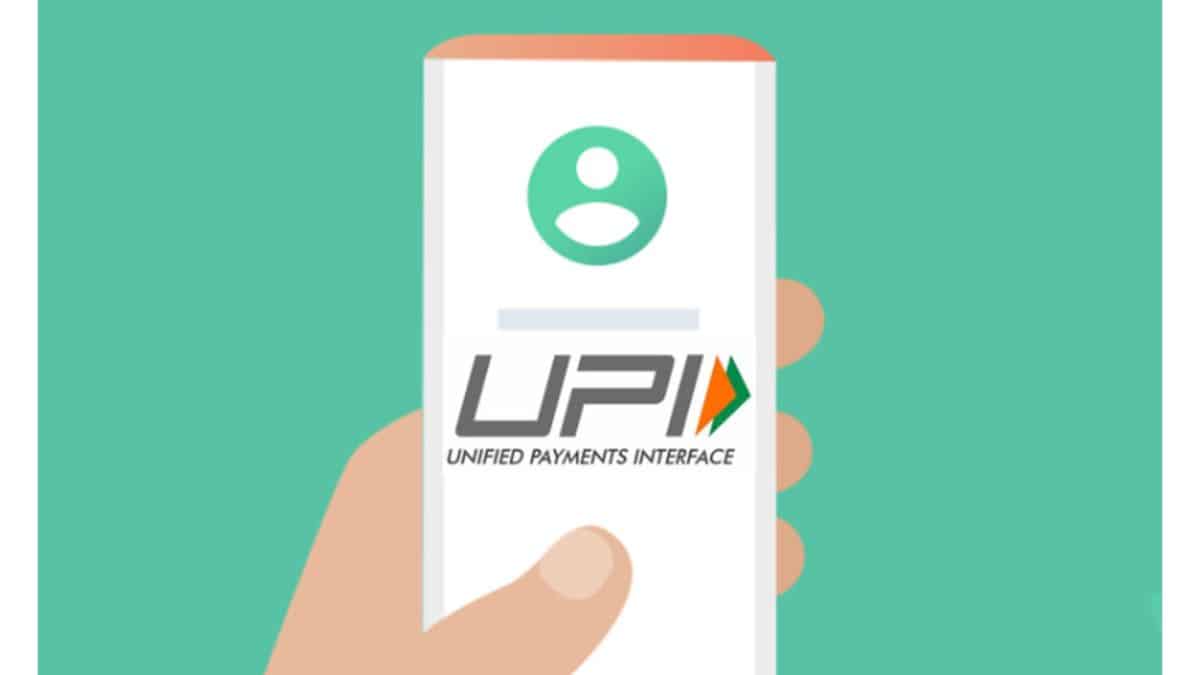In a recent hearing, the Karnataka High Court raised pointed questions about the Bangalore Electricity Supply Company’s (BESCOM) payment system, highlighting a notable disparity between modern retail practices and utility services. The court queried why BESCOM has not implemented QR code-based Unified Payments Interface (UPI) payment options at its counters, despite the widespread use of such technology in various sectors, including grocery stores.
The judicial scrutiny emerged from a public interest litigation filed by a city resident who argued that BESCOM’s current payment methods are outdated and inconvenient. The petitioner pointed out that while grocers and other retail outlets readily offer QR code payments, BESCOM’s counters still rely predominantly on cash and traditional electronic payment methods. This discrepancy, the petitioner contends, imposes unnecessary difficulties on customers and delays the payment process.
BESCOM’s counsel responded by stating that the company is exploring various technological upgrades and is in the process of evaluating the feasibility of integrating QR code payments. However, no specific timeline or detailed plan was provided during the court proceedings.
The High Court has directed BESCOM to submit a comprehensive report on the status of its payment systems and to consider adopting modern payment solutions to improve customer convenience. The court emphasized that the transition to digital payment methods is crucial for efficiency and customer satisfaction.
The adoption of UPI QR codes for payments has surged across India, with numerous sectors, from retail to public services, embracing the technology for its simplicity and efficiency. The move is seen as part of the broader digital push advocated by the Indian government to modernize financial transactions and enhance service delivery.

